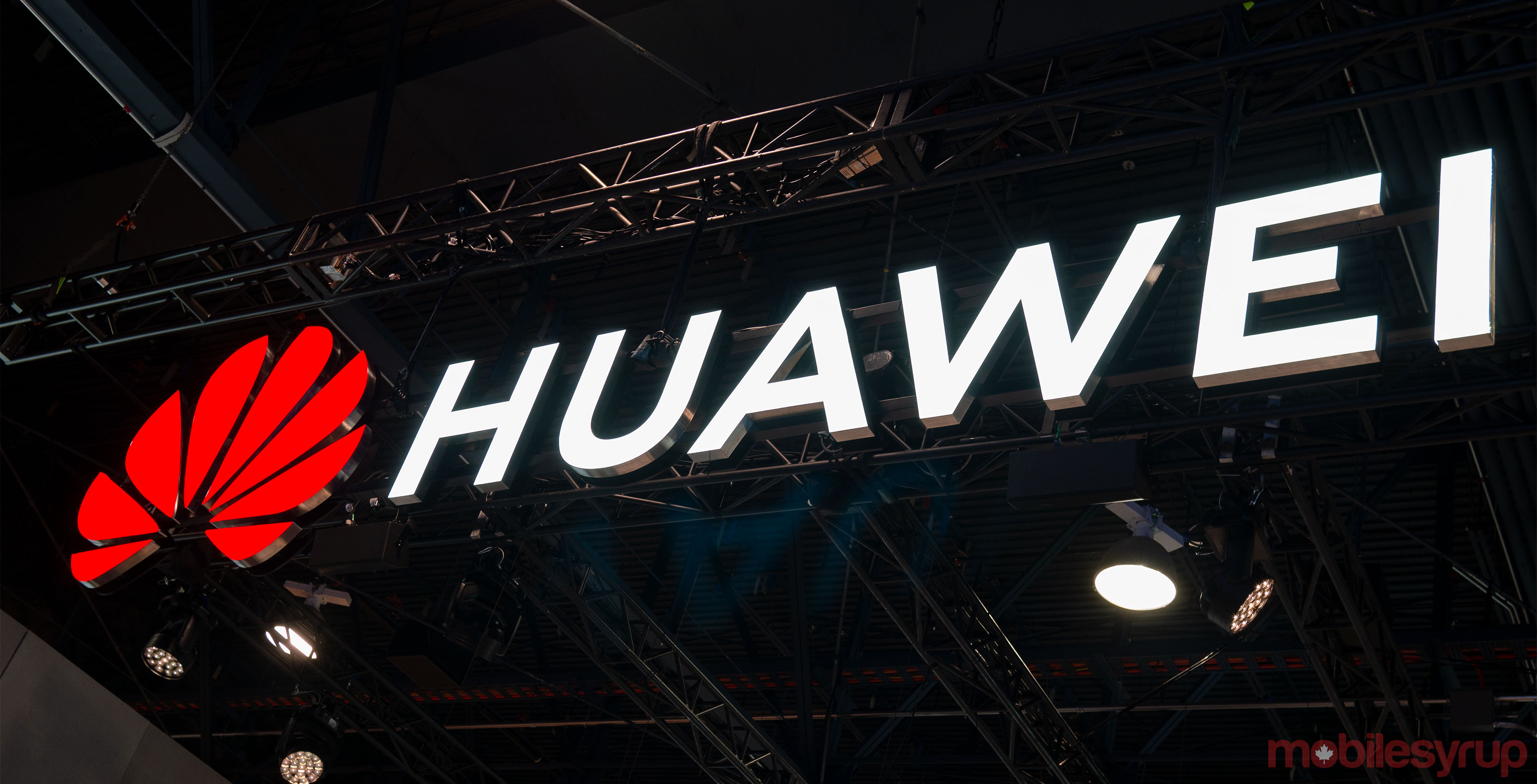
Huawei Canada’s vice president of corporate affairs Scott Bradley has stepped down from his position with the company.
According to a January 11th, 2019 Reuters report — citing an internal Huawei memo written by company president Eric Li — Bradley will continue to serve as a special advisor to the company “as required.”
“We are saddened to see him leave but grateful for the tireless work he has put in to help us grow our brand and public image, and build various relationships with government,” wrote Li, in a copy of the internal memo sent to MobileSyrup by Huawei Canada’s director of corporate affairs Jake Enwright.
“We are extremely grateful for his contributions to Huawei Canada during the past seven and a half years and I personally want to take this opportunity to thank him for the dedication and valuable support he has provided to me during the time we worked together. Scott will continue to assist us, as required, as a Special Advisor.”
A graduate of both the University of Western Ontario and Queen’s University, Bradley served Huawei Canada’s vice president of corporate affairs from 2011 until his departure today.
Prior to his role with Huawei, Bradley worked in the health minister’s office from 1994 to 1996 and later in the public services and procurement minister from 1996 to 1997.
It might be worth noting that Enwright most recently was Conservative Party Leader Andrew Scheer’s director of media relations and issues management and has worked for the federal government since 2013.
The two lobbied the federal government in October 2018 to provide information on the company’s research in 5G networks.
Bradley’s departure from the company comes in the wake of increased scrutiny levied against the Chinese telecommunications equipment manufacturer, particularly in regards to the company’s connection with the government of the People’s Republic of China and concerns about espionage.
A Huawei executive was most recently arrested in Poland on January 11th, 2019 on charges of spying for China, according to CNN.
The executive’s arrest follows the arrest of Huawei’s global chief financial officer Meng Wanzhou, who was arrested in Vancouver in December 2018.
Meng was arrested in Vancouver while transiting to Mexico on December 1st, 2018 by Canadian authorities. She was granted bail but currently faces extradition to the U.S. on fraud-related allegations.
The U.S. reportedly said Meng deceived international banks to funnel transactions between Huawei and Iran. Meng has maintained that Huawei has no connection or involvement.
According to the Globe and Mail, Bradley used a separate memo to explain that his departure was “not a sudden decision but rather an understanding over the past year-and-a-half that at some point, I would be moving on from a formal role with the company.”
In one of his last interviews with MobileSyrup, Bradley stood strongly behind the company and said that the work Huawei did was important.
Bradley spoke candidly about the relationship Huawei Canada has had with the country over the past 10 years, emphasizing years of work would be thrown away if the government decides to ban the Shenzhen, China-based telecommunications and smartphone giant from involvement in the future network infrastructure plans of Canada’s carriers.
He added that a ban would ultimately hinder Canada’s technological advancement in the space, resulting in it falling behind other countries.
“There hasn’t been a problem with Huawei for 10 years … but it goes back to the broader and legitimate issues that are raised on how do we protect Canada from a data perspective, from a disruption perspective. How do we have those protections in place?” said Bradley.
Reuters previously reported that U.S. President Donald Trump might even announce an executive order that would block local companies from buying equipment from foreign telecommunications makers if they pose a national security threat.
Following the U.S., Australia and New Zealand have also banned Huawei from supplying 5G networking equipment out of fear of a national security breach.
According to a draft of China’s national intelligence law that was recently released, all Chinese companies “shall support, cooperate with and collaborate in national intelligence work, and maintain the secrecy of national intelligence work they are aware of.”
Update 14/01/19 9:28 am: The Huawei executive that was arrested in Poland, Wang Weijing, lost his job over the weekend for allegedly spying on behalf of China.
Reuters reported on January 12th, 2019 that the Chinese telecommunications equipment maker said it sacked Wang for “actions that [have] no relation to the company”
“In accordance with the terms and conditions of Huawei’s labor contract, we have made this decision because the incident has brought Huawei into disrepute,” the statement read.
“Huawei complies with all applicable laws and regulations in the countries where it operates, and we require every employee to abide by the laws and regulations in countries where they are based.”
Source: Reuters, Globe and Mail
MobileSyrup may earn a commission from purchases made via our links, which helps fund the journalism we provide free on our website. These links do not influence our editorial content. Support us here.


